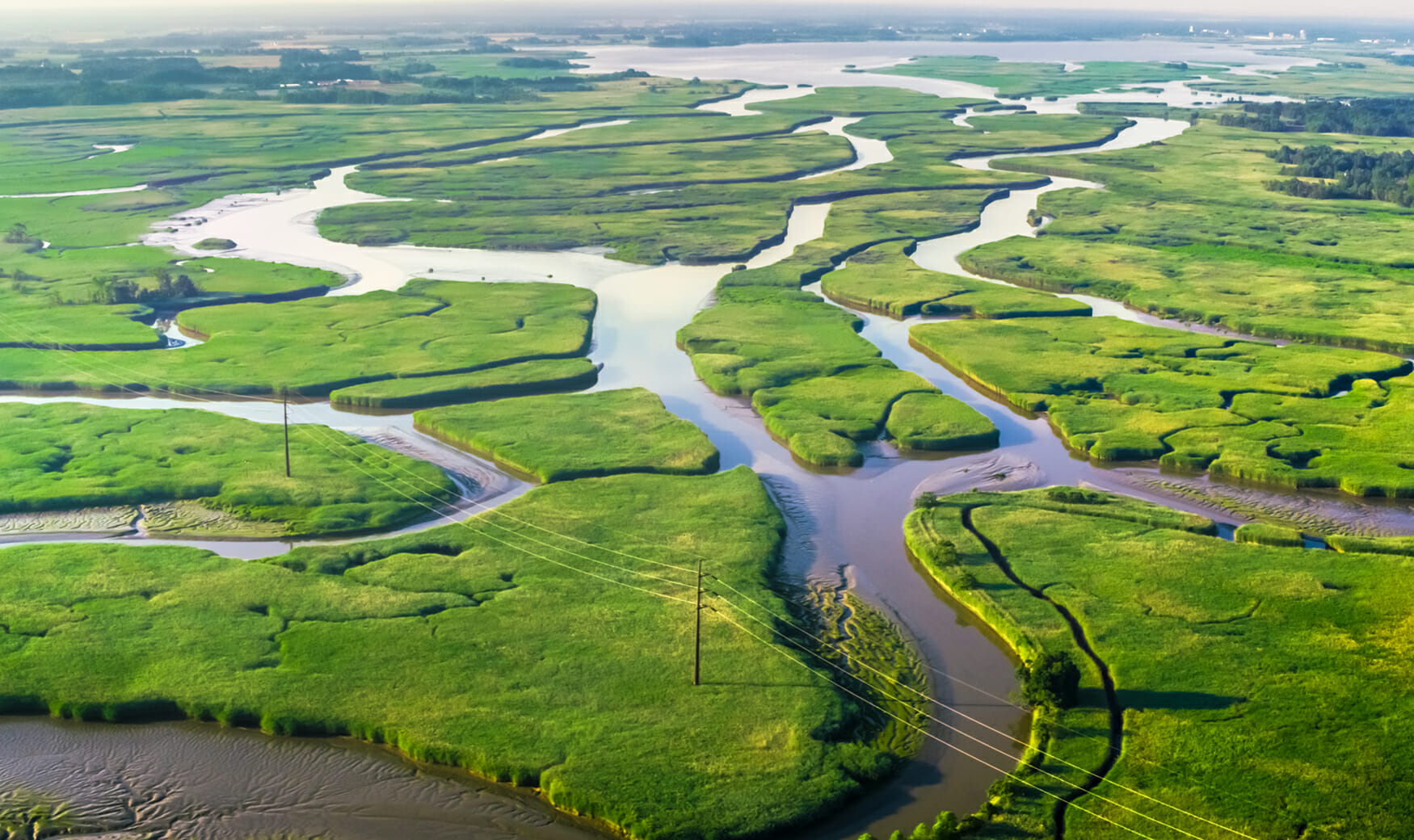Amidst the COVID-19 pandemic, the U.S. Supreme Court issued last week two important decisions, one regarding the federal Superfund law and the other concerning the Clean Water Act.
Superfund-related Decision
In the first case, the Supreme Court announced on April 20, 2020, its ruling in Atlantic Richfield Co. v. Christian et al., a case in which landowners sought to assert state law claims and to compel Atlantic Richfield (ARC)—the successor by merger to a now-closed copper smelting company—to perform a more extensive cleanup than federal regulators had required under the federal Superfund law, more formally known as the Comprehensive Environmental Response, Compensation, and Liability Act (CERCLA). The Court concluded that: 1) CERCLA does not preclude assertion of state law claims that do not arise under CERCLA; and 2) additional remedy demands can survive but only with the review by and consent of the U.S. Environmental Protection Agency (EPA).
Atlantic Richfield involved arsenic and lead contamination associated with the now-closed Anaconda Copper Smelter in Butte, Montana. The current owner, ARC, agreed to remediate the site under CERCLA. A group of landowners subsequently sued ARC in Montana state court asserting common law nuisance, trespass, and strict liability claims, and seeking restoration that exceeded CERCLA’s remedial actions approved by the EPA. The trial court ruled that the restoration claim was not preempted by CERCLA and could go forward. The Montana Supreme Court affirmed, rejecting ARC’s argument that the state court did not have jurisdiction.
In a split decision, the Supreme Court justices said that CERCLA does not preclude the right to assert state law claims like nuisance and trespass that do not arise under CERCLA for further cleanup of contaminated sites; the Court further said that states will retain jurisdiction over such common law claims arising under state law but not under CERCLA. Consequently, companies may be liable for the plaintiffs’ remediation beyond what is required under CERCLA “so long as the landowners first obtain EPA approval for the remedial work they seek to carry out.” In doing so, the Court maintained CERCLA’s Section 113(h) pre-enforcement review requirement.
Atlantic Richfield will likely create confusion and muddy what were considered clear waters. Prior to this decision, courts generally found that state law claims could not be used to challenge EPA-mandated Superfund cleanup efforts. Now, individual parties may be able to circumvent these efforts, although it is not clear what will be a valid “challenge” to an EPA-mandated cleanup effort. The minor upside: the decision may provide parties performing federally supervised cleanups with some comfort because the EPA still maintains primacy in remediation decision-making, and it must approve the requested restoration. Parties still may be vulnerable, however, to state court claims by landowners that convince the EPA that the remedies they are requesting do not threaten overall cleanup efforts.
Clean Water Act-related Decision
In the second case, the Court issued on April 23, 2020, its opinion in County of Maui v. Hawaii Wildlife Fund, ruling that point source discharges to navigable waters through groundwater are regulated under the Clean Water Act (the CWA)—i.e.,the CWA applies to some pollutants that reach the sea and other protected waters indirectly through groundwater. The CWA requires “point sources” of pollution to obtain permits for “any addition of any pollutant to navigable waters.” Failing to have a permit can subject polluters to daily fines of more than $50,000.
This case concerned a wastewater treatment plant located on Maui, Hawaii, that used injection wells to dispose of approximately four million gallons of treated sewage each day by pumping it into groundwater about a half-mile from the Pacific Ocean. Although the wastewater was not directly discharged into the Pacific Ocean, a considerable amount of effluent that went into the groundwater from the wells ended up in the ocean. Environmentalists sued Maui County in 2012, saying it violated the CWA by not obtaining a National Pollution Discharge Elimination System permit for sewage wastewater injection wells that discharged pollution into the Pacific Ocean via groundwater.
Maui County, which operates the treatment plant, and the Trump administration argued that the CWA does not require a permit if pollution traveled, even a short distance, through groundwater before reaching a navigable body of water, which is protected under the CWA. In contrast, environmental groups suing the County said the law applied to discharges that “actually and foreseeably reach navigable surface waters.”
In its 6-3 decision, the Court found that the standard used by the Ninth Circuit in 2018, finding for the environmental groups, was too broad when it determined that the CWA applies when pollutants are “fairly traceable” from a point source such that the discharge is “the functional equivalent” of a discharge directly into navigable waters. According to the majority, “[v]irtually all water, polluted or not, eventually makes its way to navigable water.” According to Justice Breyer, who wrote for the majority, courts instead should ask whether “the addition of the pollutants through groundwater is the functional equivalent of a direct discharge from the point source into navigable waters” (emphasis added), thereby creating a new test for lower federal courts to determine when the CWA may be used to require permits for discharges that travel through groundwater to federally regulated bodies of water. The Court expounded and noted further that there are several factors that courts should consider, including “[t]ime and distance” as well as the material through which the pollutants travel and whether they are diluted or chemically altered along the way.
Although the Court has established a new test, there is still significant room for interpretation of when a project will require a permit, and this new test should not significantly change the law’s current interpretation.
